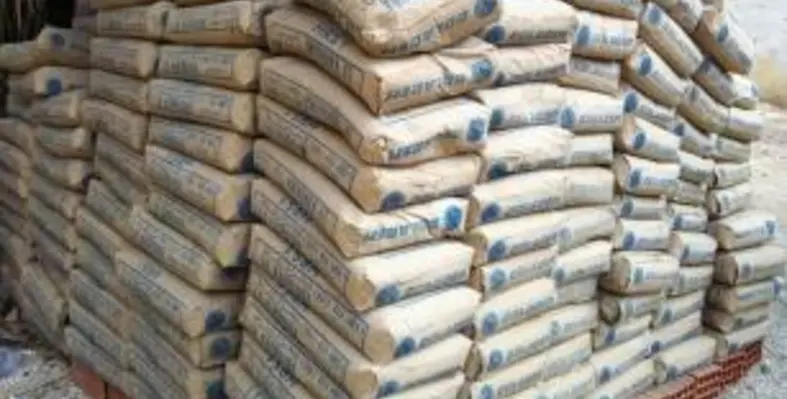In its 2016 full year audited results presented on the floor of the Nigerian Stock Exchange in Lagos yesterday, Dangote Cement sold 8.6mn metric tons of cement outside Nigeria, which is 54 per cent more than what was sold in 2015
Following the continuous increase in its production capacity, foremost cement manufacturer, Dangote Cement Plc has finally ended the era of Nigeria’s dependence on importation as the company exported 0.4 mn tons of the product to other countries in 2016.
The export is significant given that the nation used to be a net importer of cement. As at 2011, Nigeria was one of the world’s largest importers of cement, buying 5.1 mn mt of foreign cement at huge expense to the country’s balance of payments.
The company’s Pan-African cement plants continued to perform well, contributing significantly to its turnover and profitability.
While presenting the results, the company’s Chief Executive Officer, Onne van der Weijde, assured the investors of better returns on their investment in the Dangote Cement.
According to him, “The new year has started well and we expect much higher profitability in Nigeria in 2017, even though we may not see the volume growth we achieved in 2016. I am confident that we will deliver an even stronger performance in 2017 as we increase market share and extend our reach across Africa.”
The economic challenges notwithstanding, Onne revealed that Dangote Cement achieved sales and revenue growth of 25 per cent and consolidated its position as Africa’s leading producer of cement.
While sales from Nigerian operations increased by 13.8 per cent to nearly 15.1 mn mt at a growth rate far higher than the country’s GDP, which fell in 2016, its total revenue leaped by 25.1 per cent to ₦615.1 bn.
Dangote Cement earnings per share increased by 4.5 per cent to ₦11.34 and the dividend payout to the shareholders also increased significantly by 6.3 per cent to N8.5 kobo per share.













